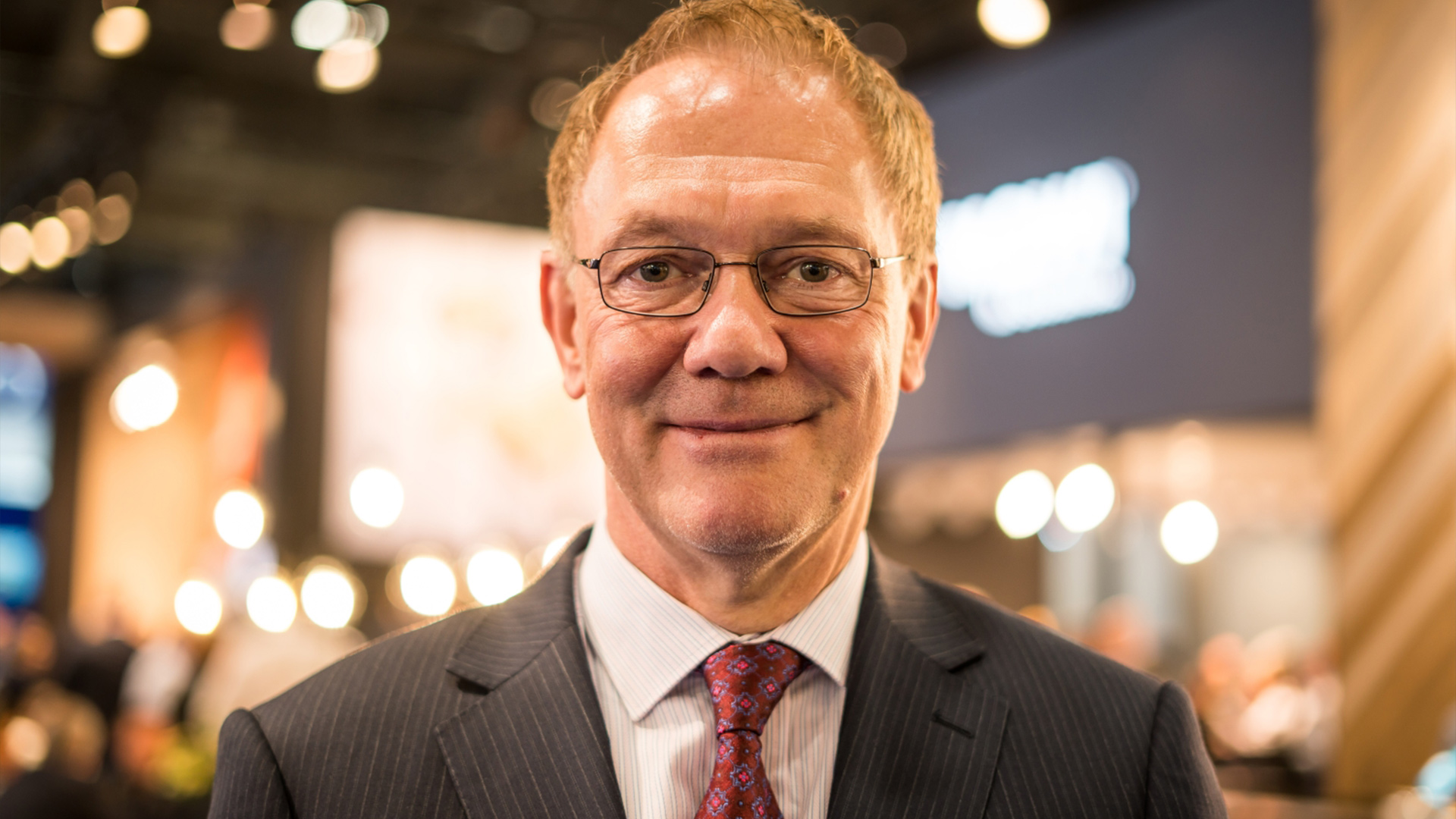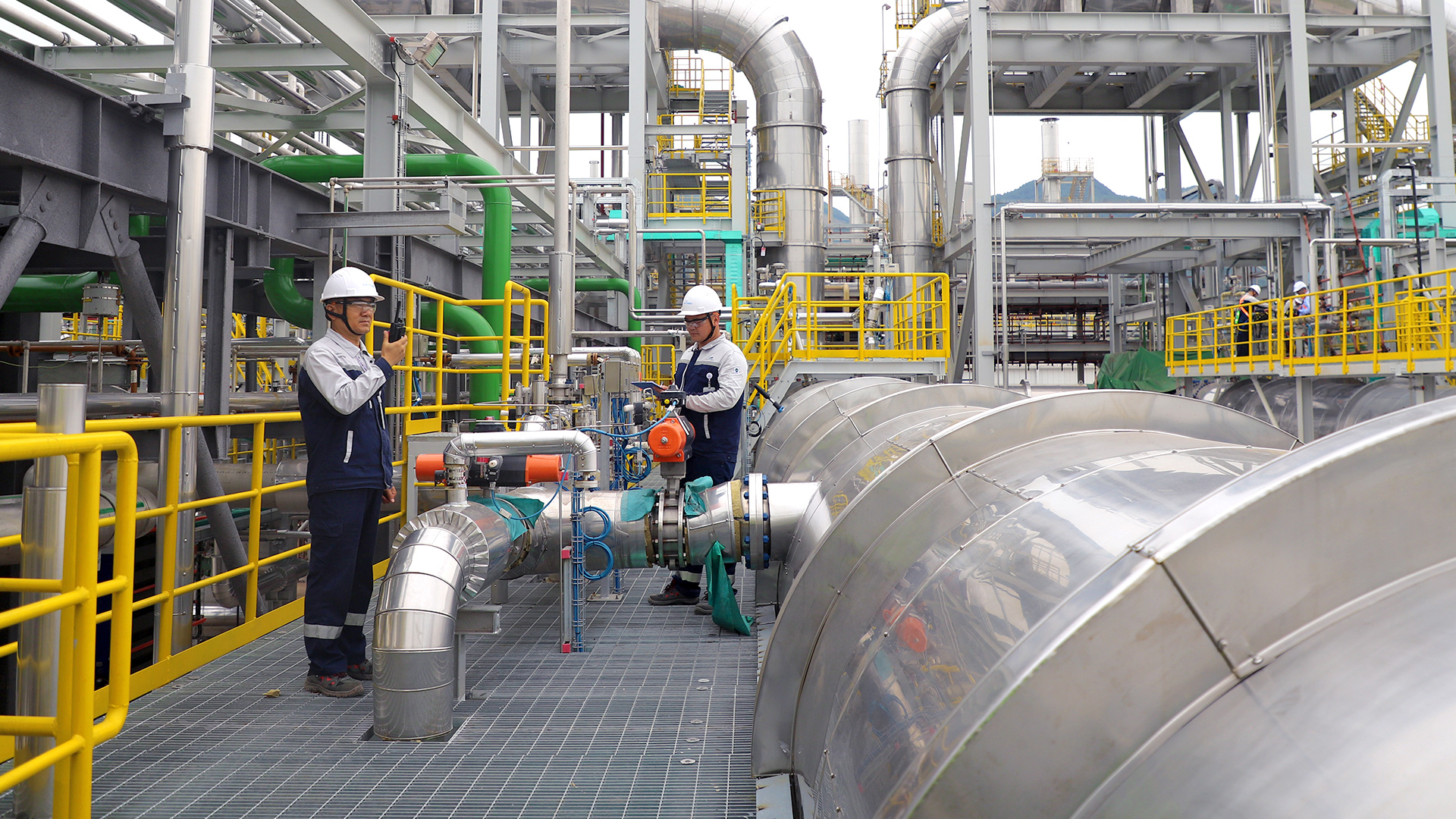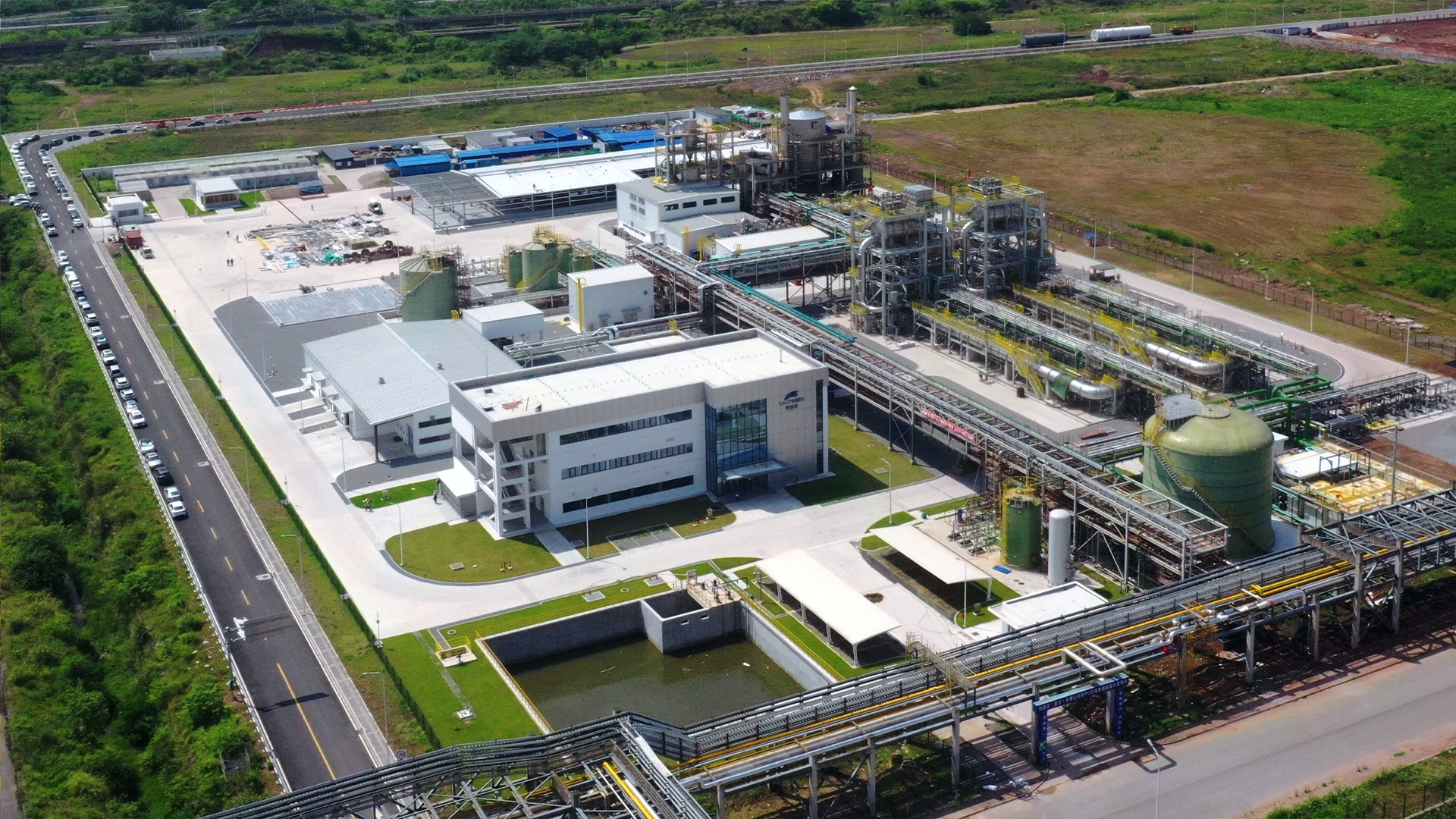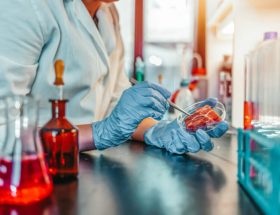Humanity has relied on plants and animals to meet our protein needs for thousands of years. As these methods become increasingly strained due to climate change and a growing population, a Silicon Valley company believes a third way—fermentation—could rewrite the rulebook.
Fermentation is a concept almost everyone on Earth is familiar with. It has been utilized since Neolithic times and is critical to producing any number of popular foods and drinks the world over.
Bread and beer are only possible because of fermentation. Similarly, yogurt, miso and even recently popular products such as kombucha have this natural process to thank for not just their unique flavors and long shelf life, but for many of their health benefits, such as improved digestion.
For Alan Shaw, Ph.D., fermentation has even more potential. He wants to use it to address one of the biggest challenges facing society: How do we feed people sustainably?
Shaw is the cofounder, CEO and President of Calysta, a company that has spent the last 10 years perfecting a technology that can create protein from carbon gases, a natural and plentiful source of energy. The secret is in harnessing an organism nature has perfected over millions of years.
“The beauty of our technology is that the hard work has already been done by nature,” says Shaw, who is preparing to open the world’s first industrial-scale facility to produce Calysta’s protein in China later this year. “Nobody has been able to replicate that process at scale before—until now. We truly believe it’s going to change the world.”

Calysta’s proprietary technology builds on a platform first developed in the 1980s by Statoil, which created a system that placed a natural microorganism in an optimal environment, awash with all required for growth, and eliminated threats. This fermentation produced a perfect protein—nutritious, non-GMO and safe to eat—an excellent food ingredient.
But the tech was, in truth, ahead of its time. Nobody was thinking about a global food crisis coming in the 1990s.
Fast-forward to 2014. The UN had been warning of the food gap—a need to produce 70 per cent more food than was being produced in 2006 to feed a population set to hit nearly 10 billion by 2050. Existing techniques were unsustainable and new ideas were urgently needed. Time for a solution was running out.
“We had been investigating using biological processes to create fuel, but when we learned there was a technology available that could use microbes to create protein, it was a no-brainer,” Shaw says.
“By fermenting this natural microbe, we could create a nutritious, high-quality protein that uses absolutely no arable land, no animal or plant matter and almost no water—and we could do that anywhere in the world. It was the definition of a food of the future. We pulled out all the stops to acquire it.
“We didn’t just buy a technology that day—we bought a protein without limits.”
Calysta still had work to do. In 2016 it built an R&D facility in Teesside, England, close to Shaw’s hometown. There, the company perfected how to scale the technology, gaining certification to use the protein in a variety of products all around the world, from an ingredient in aquaculture feed, FeedKind® Aqua, to a healthy food ingredient for pets and, later, people.

Calysta’s protein will be the first of a new wave of fermented proteins to reach the market at scale — and one of the few on the market not inhibited by issues constraining precision fermentation technologies. For Calysta, scale isn’t just an objective; it’s real right now. Despite progress made since 2013, the World Resources Institute says the food gap between now and 2050 is 56% of current output.
Geoff Bryant, who joined Calysta in 2020 as Chief Technology Officer, and previously led Quorn Foods’ fermentation science teams, is particularly excited about the potential of the technology, having worked in both human and pet food development during his career.
“Cellular agriculture like this takes advantage of the world’s most efficient protein producers: microbes. They open the door to hyper-scaling protein production because nature has effectively perfected the process for us.
“In fact, we’ve improved on nature. Our proprietary engineering and years of pilot plant optimisation have allowed us to create an ‘always on’ process that allows continuous harvesting of the protein from our fermenters with productivity rates higher than any other type of protein fermentation.
“For example, a single plant producing 100,000 tonnes per year could fit in a commercial site the size of 10 soccer pitches, around 0.1km2. If you were to try and get that protein from soy, you’d require an area of land almost equivalent to the size of Chicago, or the footprint of Washington, D.C. three times over.”
Calysta’s first production facility is Calysseo, in Chongqing, part of a 50/50 joint venture with animal nutrition giant Adisseo that is expected to produce 20,000 tonnes of protein annually for the Asian aquaculture market. The biggest facility of its kind in the world, it is due to come online by the end of the year, amid growing global demand for protein.

Keysha Bailey, Calysta’s CFO, says the business case is as robust as the product itself.
“The market was already in need of protein before summer 2022. This year has just driven home the urgent need for sustainable, high-quality protein that isn’t dependent on fertilizers—which are in short supply—water availability or arable land.
“The flexibility of the core technology means Calysta can address human food, pet food and feeds for aquaculture and livestock. This technology isn’t just about bringing a new product to the market—it changes the way we think about food production, offering a true ‘third way’ to deliver nutrition without impacting biodiversity.
“These values are exactly what’s being demanded from the market, from food producers and supermarkets to the people who, ultimately, will be buying the protein—the end customer. This just wasn’t on the menu before.
“That potential cannot be underestimated. These are very exciting times.”
For more information about Calysta, visit calysta.com.










